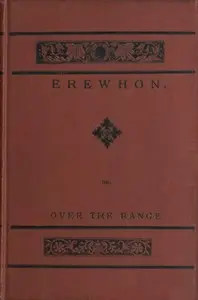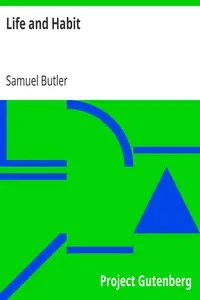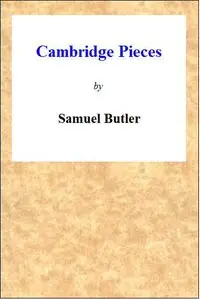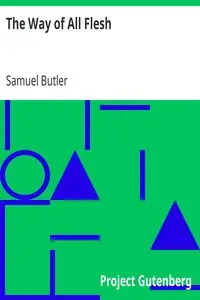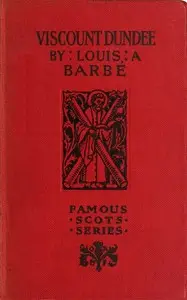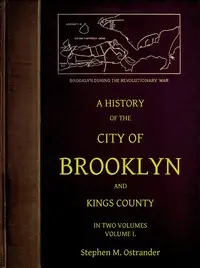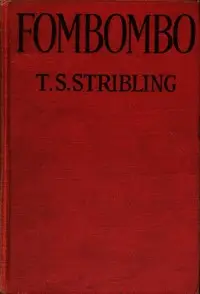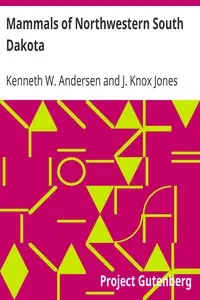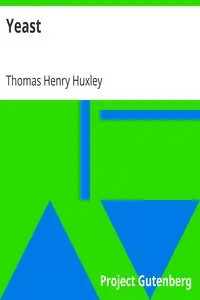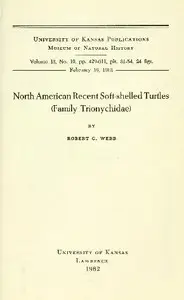"Luck, or Cunning, as the Main Means of Organic Modification" by Samuel Butler is a scientific publication written in the late 19th century. The book explores the complex relationship between heredity and memory while seeking to reintegrate the concept of design into the evolutionary narrative, challenging the dominant Darwinian view of natural selection. The beginning of the text establishes Butler's intent to delve into the nuances of organic development, arguing for the significant overlap between heredity and memory. Following an introduction that highlights his shift from an initial focus on the division of life forms to a deeper examination of Darwin's theories, Butler reflects on his interactions with influential contemporaries such as Alfred Tylor and Herbert Spencer. He articulates that understanding the intricacies of descent requires acknowledging design's role in evolution while arguing that instinct should be perceived as inherited memory—a concept he aims to substantiate throughout the work. (This is an automatically generated summary.)
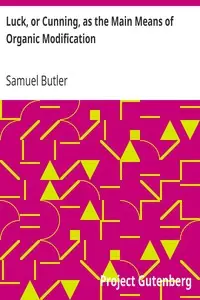
Luck, or Cunning, as the Main Means of Organic Modification
By Samuel Butler
"Luck, or Cunning, as the Main Means of Organic Modification" by Samuel Butler is a scientific publication written in the late 19th century. The book ...
Genres
Released
2004-01-01
Formats
epub (images)
epub
mobi
epub3 (images)
mobi (images)
Free Download
Overview
About the Author
Samuel Butler was an English novelist and critic, best known for the satirical utopian novel Erewhon (1872) and the semi-autobiographical novel The Way of All Flesh. Both novels have remained in print since their initial publication. In other studies he examined Christian orthodoxy, evolutionary thought, and Italian art, and made prose translations of the Iliad and Odyssey that are still consulted.
Total Reviews
10.0k
Total reviews from Goodreads may change

